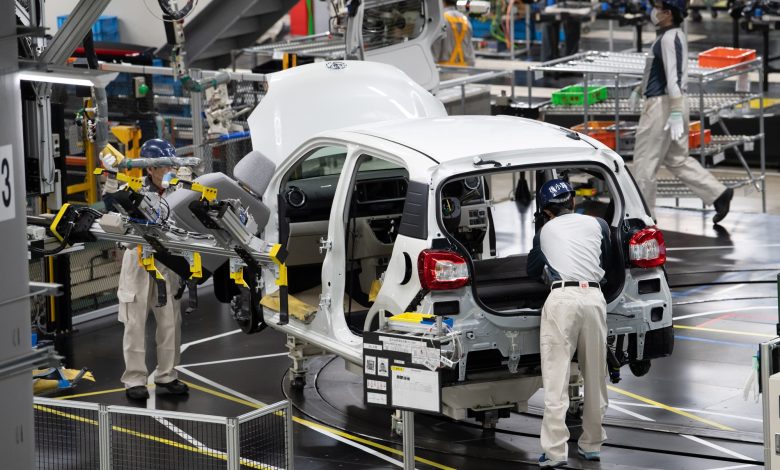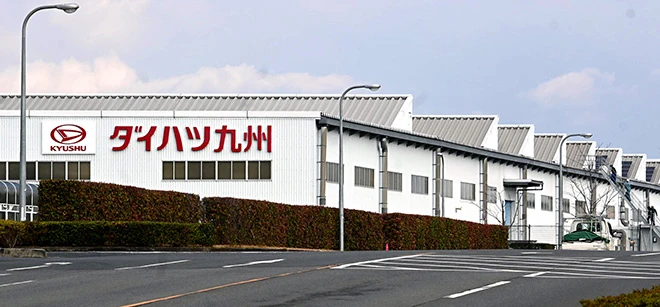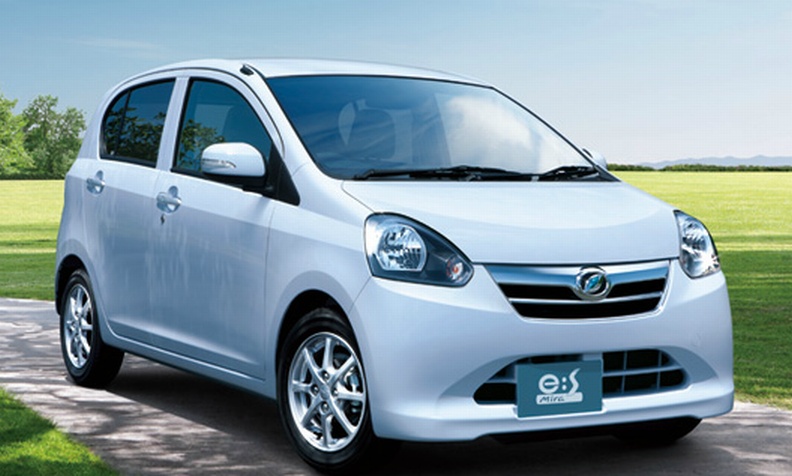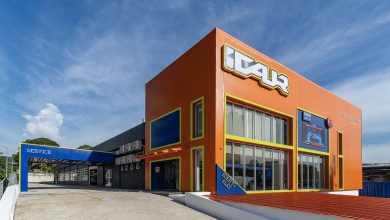Daihatsu Resumes Some Kei Car Production After Safety Scandal

Daihatsu slowly recovers from its increasingly worsening safety scandal fallout.
Daihatsu has recently announced that it will soon be resuming the production of 10 kei-class vehicle models from its Daihatsu Kyushu Oita (Nakatsu) Plant on February 26th, with the shipment of completed vehicles to begin a week prior on the February 19th.

This news comes after the Japanese Ministry of Land, Infrastructure, Transport and Tourism (MLIT) has since confirmed that 10 of its mini vehicle models comply the standards of the Road Transport Vehicle Act based on the results of testing with the certification authorities in attendance and other reasons, in addition to a comprehensive internal judgement from the automaker based on customer feedback and the readiness of its suppliers.
The 10 kei cars that will resume production at this facility are as follows:
| Brand | Model |
| Daihatsu | Mira e:S |
| Hijet Truck | |
| Hijet Cargo (including Deck Van) | |
| Atrai (including Deck Van) | |
| Toyota | Pixis Epoch |
| Pixis Truck | |
| Pixis Van | |
| Subaru | Pleo Plus |
| Sambar Truck | |
| Sambar (Van) |

The Daihatsu Kyushu Oita (Nakatsu) Plant will be the second manufacturing facility the automaker has reopened since it has made the decision to shutter all its sites at the end of last year, with the first being its Kyoto plant that contract manufactures the Toyota Probox and Mazda Familia family of vehicles. The automaker has yet to confirm when exactly its two remaining Japanese production lines will begin operation again, but it has previously indicated that its imposed shut down will last till at least February 16th.
As for how Daihatsu was forced to shutter all its manufacturing activities for a month and a half from the tail-end of last year till very recently, it all has to do with the Japanese automaker having been uncovered to have widely and systematically falsified safety tests and other procedures on a large number of new models for over the last three decades. More specifically, this fraud has affected at least 64 models, including several that have worn Toyota and even Perodua badges.
The discovery of Daihatsu’s wrongdoing begun in April, where the company admitted to have rigged a safety test by swapping out some door trims to obtain regulatory approval for the Toyota Vios and Perodua Axia. Then further investigation into this matter saw the Japanese automaker having to admit that it has also found irregularities in the certification procedures for the side impact collision tests involving the hybrid versions of the Daihatsu Rocky and Toyota Raize (aka Perodua Ativa), with even further investigation eventually having uncovered this massive fiasco it is currently dealing with right now.

Now in handling the fallout from this scandal, Daihatsu for its part had since halted all domestic production and has recently announced plans for a new management structure soon. Soichiro Okudaira, the automaker’s current president has also reportedly revealed for the company to spend more time and allocate more workers for development.




